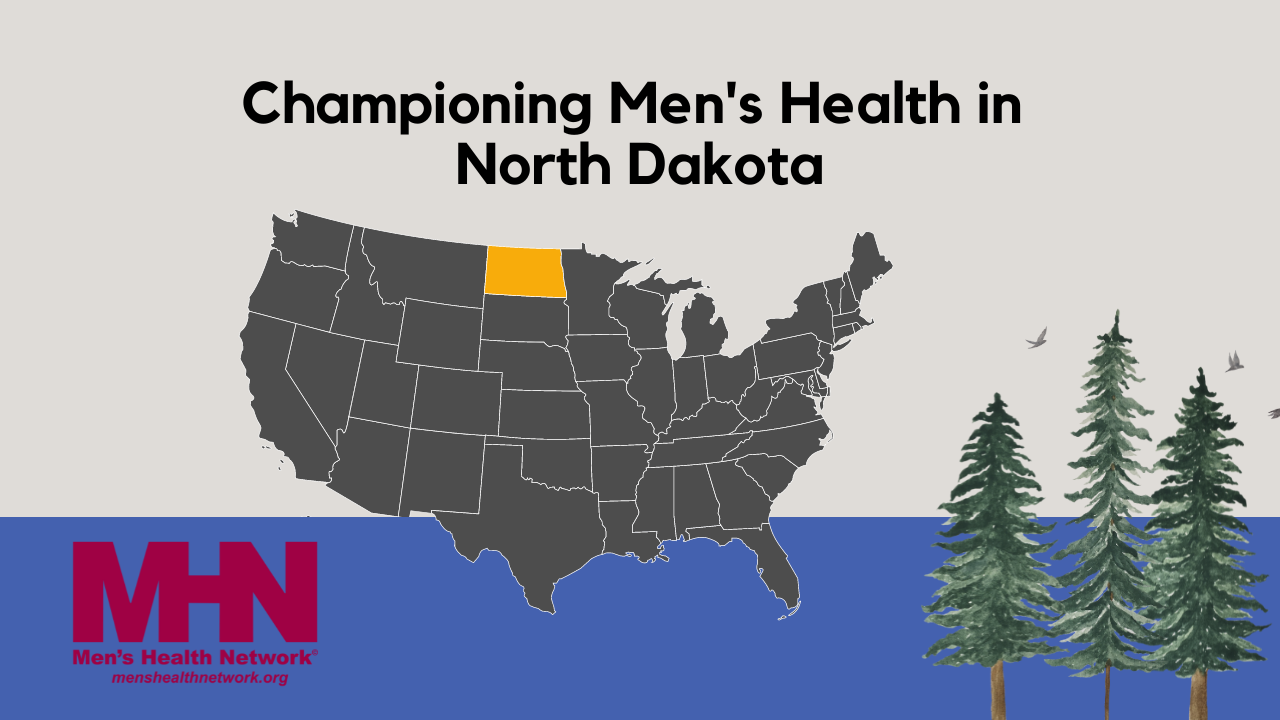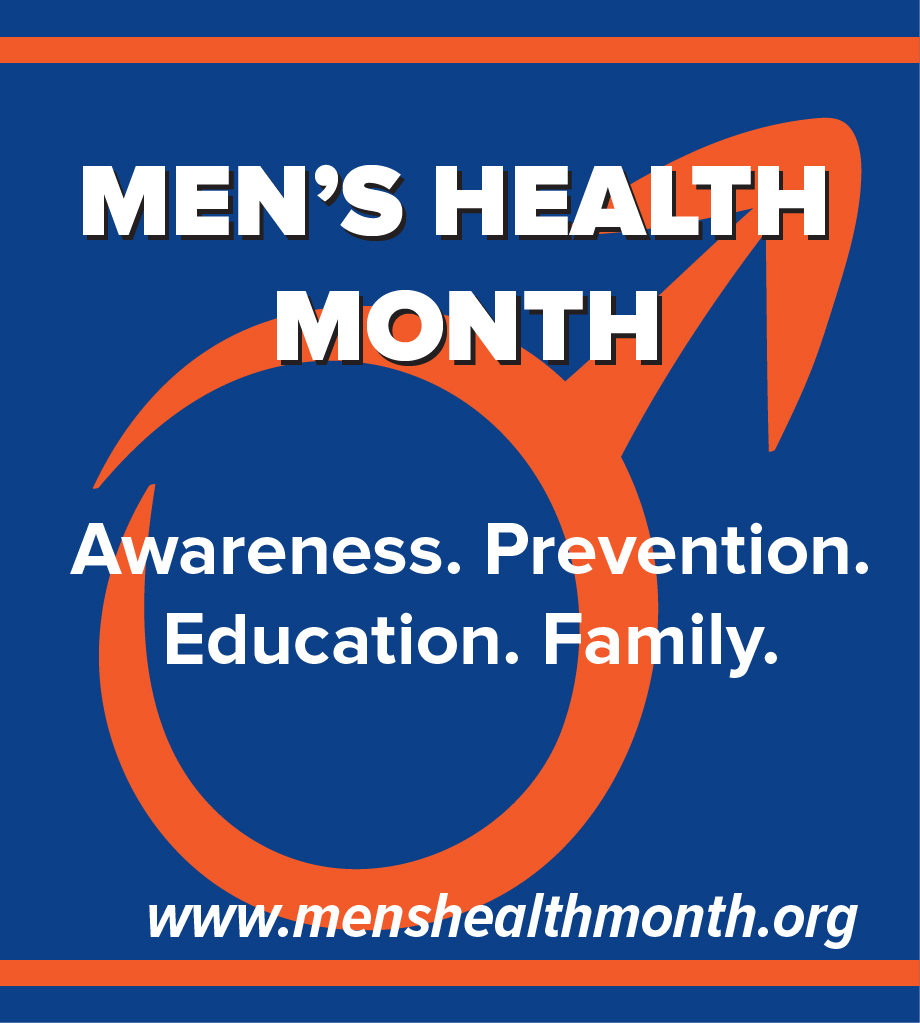How can patients about to undergo major surgery effectively communicate their wishes for care after their operations? Feedback from patients and family members led researchers to revise their plan for testing a tool to promote advance care planning.
When you think of a state fair, you’re likely to envision a large Ferris wheel, game stations, hot dog and cotton candy carts — not serious discussions about complications that might arise after major surgery.
But last year, a team of PCORI-funded researchers went to the Maryland State Fair to seek input on a project they had in the works. The team was developing a video to facilitate advance care planning — making decisions about the treatment you would want to receive if you become unable to speak for yourself. Their intent was to reduce anxiety and depression in patients about to undergo major surgery.
More than 350 people chatted with the research team at their booth during the 10-day state fair. Their input set the project on a different path.
Planning Ahead
Roughly 50 million people undergo surgery annually in the U.S. The majority of these operations are successful, but sometimes patients experience such serious complications that they need family members to make medical decisions afterwards on their behalf.
In some cases, family members may find that even when a patient has an advance planning document — such as a living will — it doesn’t give adequate guidance. “Family members face a huge dilemma because they don’t know if they are following their loved one’s wishes,” says research team leader Rebecca A. Aslakson, MD, PhD, of the Johns Hopkins University School of Medicine in Baltimore, Md.
Research suggests that compared to other tools, videos can promote more knowledgeable and values-based advance care planning. However, previous research has not evaluated advance care planning tools for patients facing major surgery.
New Path
Aslakson and her team initially planned to test their new video with a group of patients recruited after they had their pre-operative consultation and had signed the surgical consent with their surgeon. The team would then examine the patients for signs of depression and anxiety before and after the surgery and compare them to a second group of patients who were shown a general video about surgery at Johns Hopkins.

The state fair attendees whom Aslakson and her team consulted, however, convinced them that decreased anxiety and depression weren’t the most important outcomes that they should focus on. In fact, Aslakson says, they “told us the most the most important outcome would be that the video enabled them to have a meaningful discussion with their physician about their treatment wishes and goals.”
That feedback set Aslakson and her team on a new path. Patients are now being recruited before — not after — they have signed surgical consent. The researchers then show the patients either the advance care planning video or the general video and, after the patients have had at least a week to review the video at home with family and/or friends, record the audio of their consent discussion with the surgeon. They are analyzing the content and quality of medical dialogue, particularly between patients and care providers.
Aslakson says her team’s new hypothesis is that “the advance care planning video, compared with the general video, will substantively change the content and quality of discussions between the surgeon, patient, and family members.”
“We made very significant changes in the project in response to what patients and families told us was important to them,” Aslakson notes. “This is the epitome of patient-centered research.”
Photo used with permission & courtesy of Rebecca A. Aslakson



